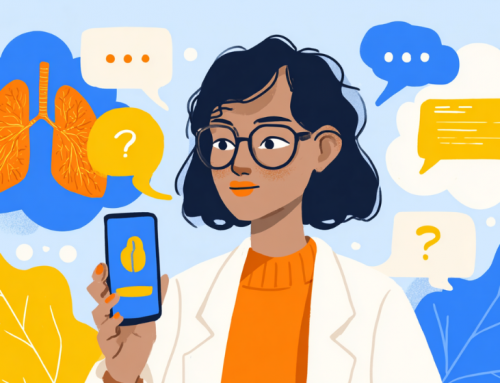
Starting June 26, Meta’s new privacy policy will allow the company to use user data from as far back as 2007, including posts, photos, captions and messages to Meta’s AI chatbot, to train and improve their AI tools, excluding private messages. (Source: Image by RR)
Australians Express Concerns Over Privacy as Meta Utilizes Decade-Old Social Media Data
Meta will soon start using data from Facebook and Instagram, dating back to 2007, to train its AI tools, a move that Australian users cannot opt out of due to the lack of AI protection laws similar to those in the EU and Illinois. This policy change, effective June 26, raises significant concerns among users and experts, especially artists, who fear it could impact their livelihoods. Children’s illustrator Sara Fandrey from Portugal has already taken to social media to voice her outrage, resulting in viral content and increased searches for opting out of AI data usage. Meanwhile, artists like Thomas Fitzpatrick are considering leaving the platforms altogether to protect their intellectual property.
Dr. Joanne Gray, a lecturer in digital cultures at the University of Sydney, explains that Meta’s actions are likely justified under the US fair use doctrine, which allows for some copying to create new works. This practice, as reported in abc.net.au, poses a new economic threat to artists outside traditional copyright infringement. The advocacy group NOYB has launched multiple complaints against Meta in the EU, seeking better control over user data to prevent corporations from profiting without proper remuneration to creators.
In response to the backlash, Meta has introduced a “Made by AI” label to mark AI-generated content and insists it is committed to building AI responsibly. Artists have started migrating to platforms like Cara, which aims to protect human creators by disrupting style mimicry in AI training. Meta’s new privacy policy and AI integration indicate that AI will remain integral to the company’s strategy, despite the ongoing controversy and user discontent.
As Meta continues to develop its AI capabilities, it remains to be seen how legal and economic frameworks will evolve to address these new challenges. The company’s recent moves have sparked significant debate and concern, highlighting the need for more robust data protection and compensation mechanisms for creators affected by AI technology.
read more at abc.net.au







Leave A Comment